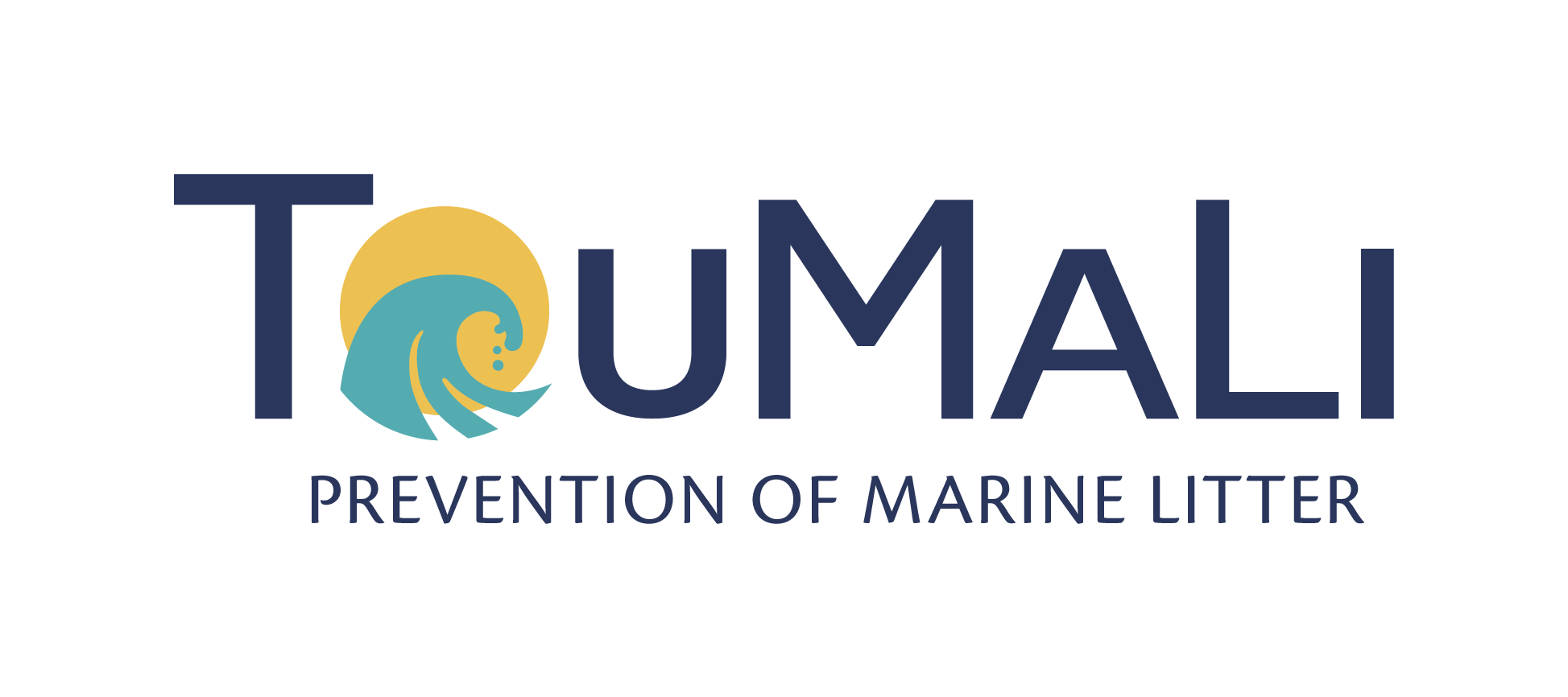Towards Solving the Beach Litter Problem: Ecosystem Service Assessments at North African Coasts
Sandy beaches along the North African Mediterranean coast are facing significant challenges due to accumulating human-made debris (marine litter) and natural debris (beach wrack). A recent study conducted by researchers from the Leibniz Institute for Baltic Sea Research Warnemünde, Klaipeda University, Tunis International Center for Environmental Technologies (CITET), Cadi Ayyad University, and Rostock University sheds light on the severity of this issue and proposes a comprehensive approach to address it.
Key Findings
The study, titled "Towards Solving the Beach Litter Problem: Ecosystem Service Assessments at North African Coasts," quantifies beach litter pollution and identifies its sources in Tunisia, Morocco, and Egypt. The research highlights the following key findings:
- High Levels of Plastic Litter: The study found plastic litter levels ranging from 1565 to 7778 pieces per 100 meters of beach length.
- Primary Sources of Litter: Shoreline activities, tourism, and poor waste management were identified as the main sources of litter, with single-use plastics accounting for 41.1% of the debris.
- Impact on Ecosystem Services: Local stakeholders perceived a negative impact of marine litter on cultural services, while beach wrack was seen positively for regulating and maintenance services.
Methodology
The research involved a scenario-based ecosystem service (ES) assessment approach, incorporating stakeholder engagement through workshops, interviews, and teaching. This method proved valuable in regions with limited data availability, enhancing awareness, interest, and knowledge among stakeholders.
Importance of Stakeholder Engagement
The study underscores the importance of involving local stakeholders in developing effective mitigation strategies. Stakeholders consistently reported the negative impact of marine litter on cultural services, which they also perceived as the most important. The positive role of beach wrack in regulating and maintenance services was also recognized.
Conclusion
The findings of this study highlight the urgent need for effective litter management and beach conservation efforts. Integrating stakeholder-based ecosystem service assessments into measure planning and decision-making processes is essential for addressing the severe impact of marine litter on sandy beaches along the North African Mediterranean coast.
Read the Full Article
For more detailed insights, read the full article published in the MDPI Sustainability Journal: Towards Solving the Beach Litter Problem: Ecosystem Service Assessments at North African Coasts.
About the Authors
- Esther Robbe: Research Unit—Coastal Seas and Society, Leibniz Institute for Baltic Sea Research Warnemünde, and Marine Research Institute, Klaipeda University.
- Fadhel Mhiri: Tunis International Center for Environmental Technologies (CITET).
- Gerald Schernewski: Research Unit—Coastal Seas and Society, Leibniz Institute for Baltic Sea Research Warnemünde, and Marine Research Institute, Klaipeda University.
- Lilia Ben Abdallah: Tunis International Center for Environmental Technologies (CITET).
- Loubna El Fels: Laboratory of Microbial Biotechnologies, Agrosciences and Environment (BioMAgE), Cadi Ayyad University.
- Nour El Houda Chaher: Waste and Resource Management, Rostock University.
- Mirco Haseler: Research Unit—Coastal Seas and Society, Leibniz Institute for Baltic Sea Research Warnemünde.
